Carefully, so she would not hear, Remo set the receiver of the telephone on the ledge in the booth and
walked back out into the luncheonette where an aged Oriental in a powder blue robe stood looking at the
covers of magazines on the rack.
"I can still hear her," the Oriental said, in a voice that seemed to have disapproval
built in.
"I know, Chiun. So can I," Remo said. He went back and closed the door of the telephone
booth, gently so it would not squeak. He rejoined Chiun, who shook his head.
"That woman could broadcast from the ocean floor with no instrument but her mouth,"
Chiun said.
"I know," said Remo. "Maybe if we stood across the street?"
"That will not do," said Chiun. He reached out
13
a long-nailed index finger to riffle the pages of a magazine. "Her voice crosses
continents."
"Maybe if I wadded up some bread and shoved it into the earpiece of the phone?"
"Her voice would harden it into cement," Chiun said. He moved his hand to another
magazine and, with the long fingernail, flipped the pages. "So many books you people
have and none of you read. Maybe you should just do whatever it is she wants you to
do."
Remo sighed. "I suspect you're right, Chiun," he said.
Hands clapped tightly over his ears, he ran back to the telephone booth. He pressed
the door open with his shoulder. Without uncovering his ears, he yelled into the
mouthpiece, "Ruby, stop yelling. I'll do it. I'll do it."
He waited for a few seconds, then released his hands from his ears. Only blessed
silence came from the receiver and Remo picked it up, sat on the small stool in the booth
and closed the door.
"I'm glad you turned that buzzsaw off, Ruby, so that we can talk," he said. Before she
could answer, he added quickly, "Just kidding, Ruby. Just kidding."
"I hope so," said Ruby Gonzalez.
"Why is it these days that whenever I call Smith, I get you?" Remo asked.
"Because that man work too hard," Ruby said. "So I make him go out and play golf and
get some rest. I handle all the routine stuff, like you."
"And what about me? Don't I deserve any rest?" asked Remo.
"Your whole life be one vacation," Ruby said.
14
"Ruby, will you go to bed with me?" Remo asked.
"I'm not tired."
"I don't mean to sleep," Remo said.
"Why else would I go to bed with you, dodo?"
"Some women find me attractive," Remo said.
"Some women put cheese in their potatoes," Ruby said.
"You know, Ruby, this used to be just one big happy family. Just me and Chiun and
Smitty. And then you came along and ruined everything."
"You be the white man and I be the white man's burden," Ruby said.
Remo could picture her smile, even over the telephone. Ruby Gonzalez was not beautiful
but her smile was quick and happily blinding, a flash of white in her light chocolate face.
She would be sitting in her office outside Smith's, intercepting phone calls, making
decisions, lifting his workload to something small enough for four men to handle,
instead of the ten-man duties Smith had handled since Remo had known him.
"All right, Ruby," Remo said. "Tell me what dirty rotten job it is this time."
"It be them Nazis. They got that march there tomorrow and you got to stop it. It going to make America
look bad in the world, we let Nazis be marching all around."
"I'm not a negotiator," Remo said. "I don't talk people out of doing things." "You just do it," Ruby said. "How?"
"You think of something."
15
"You know, Ruby, in six months you're going to be running the country," Remo said.
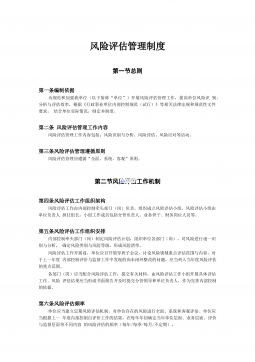

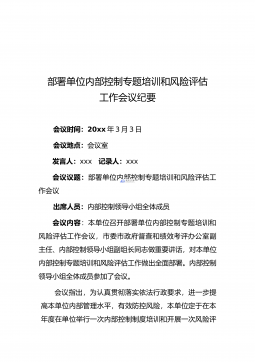




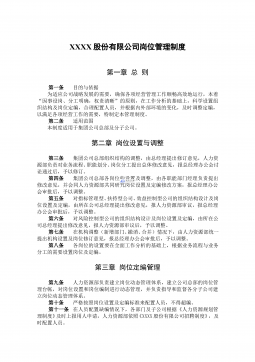
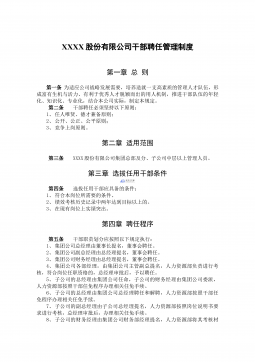
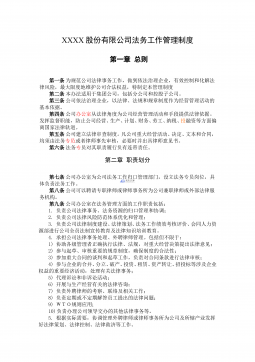
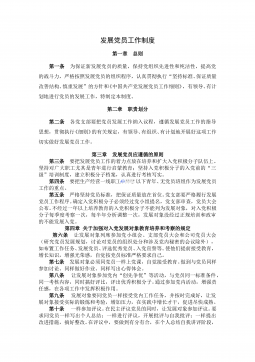
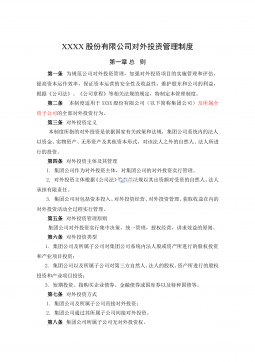
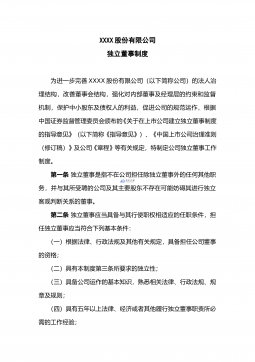
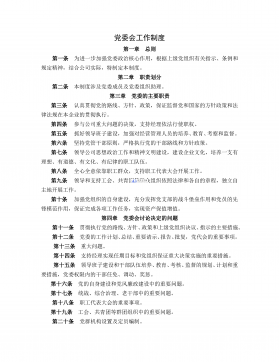
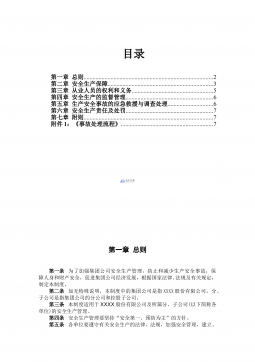
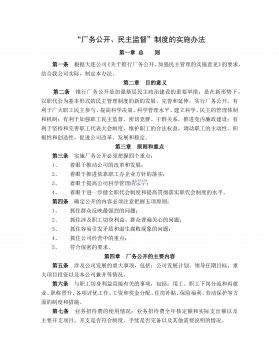

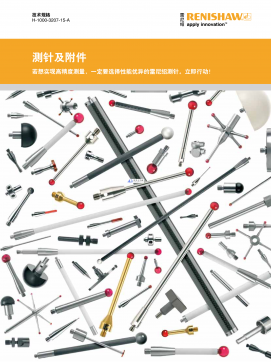
 渝公网安备50010702506394
渝公网安备50010702506394
